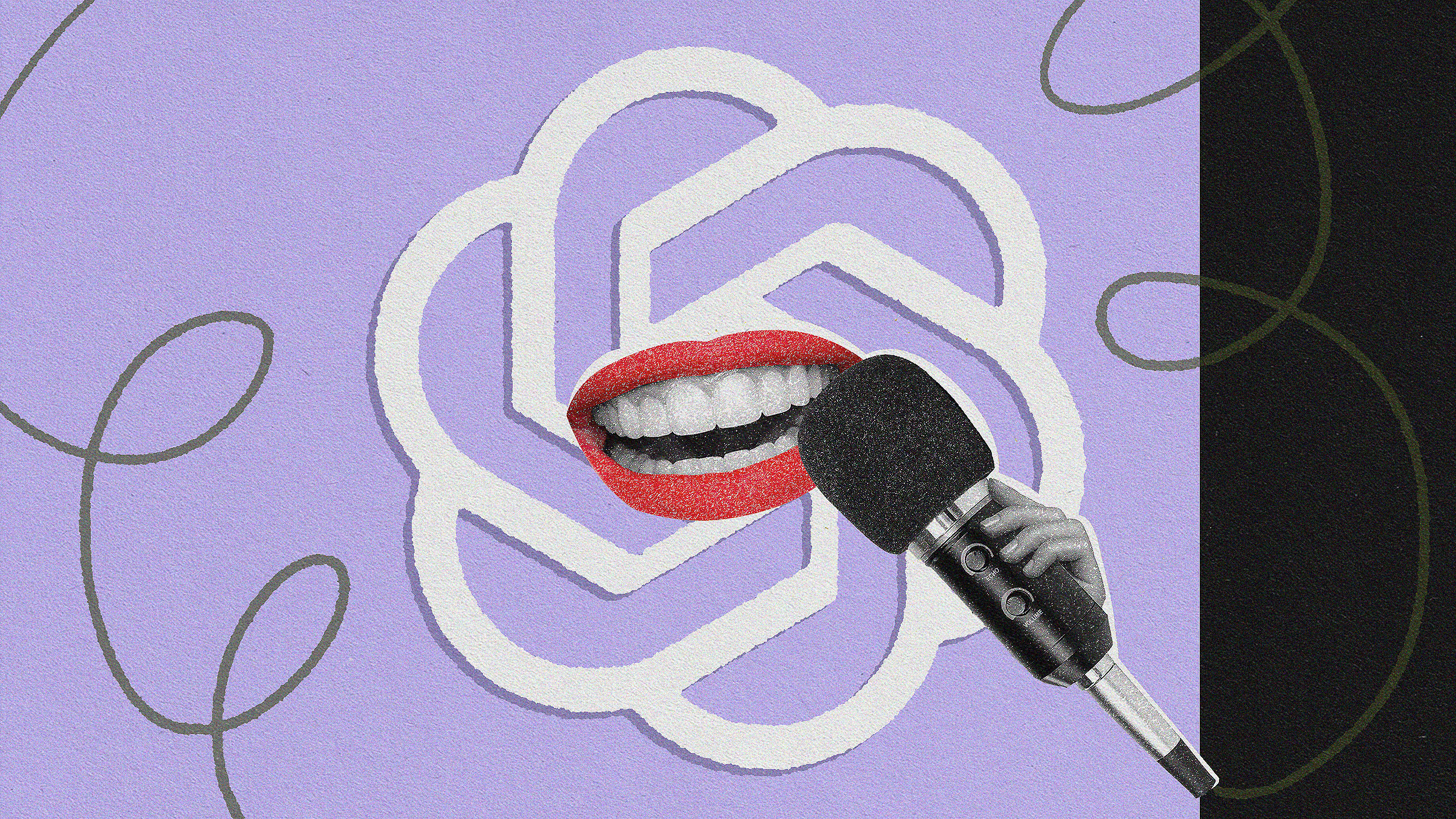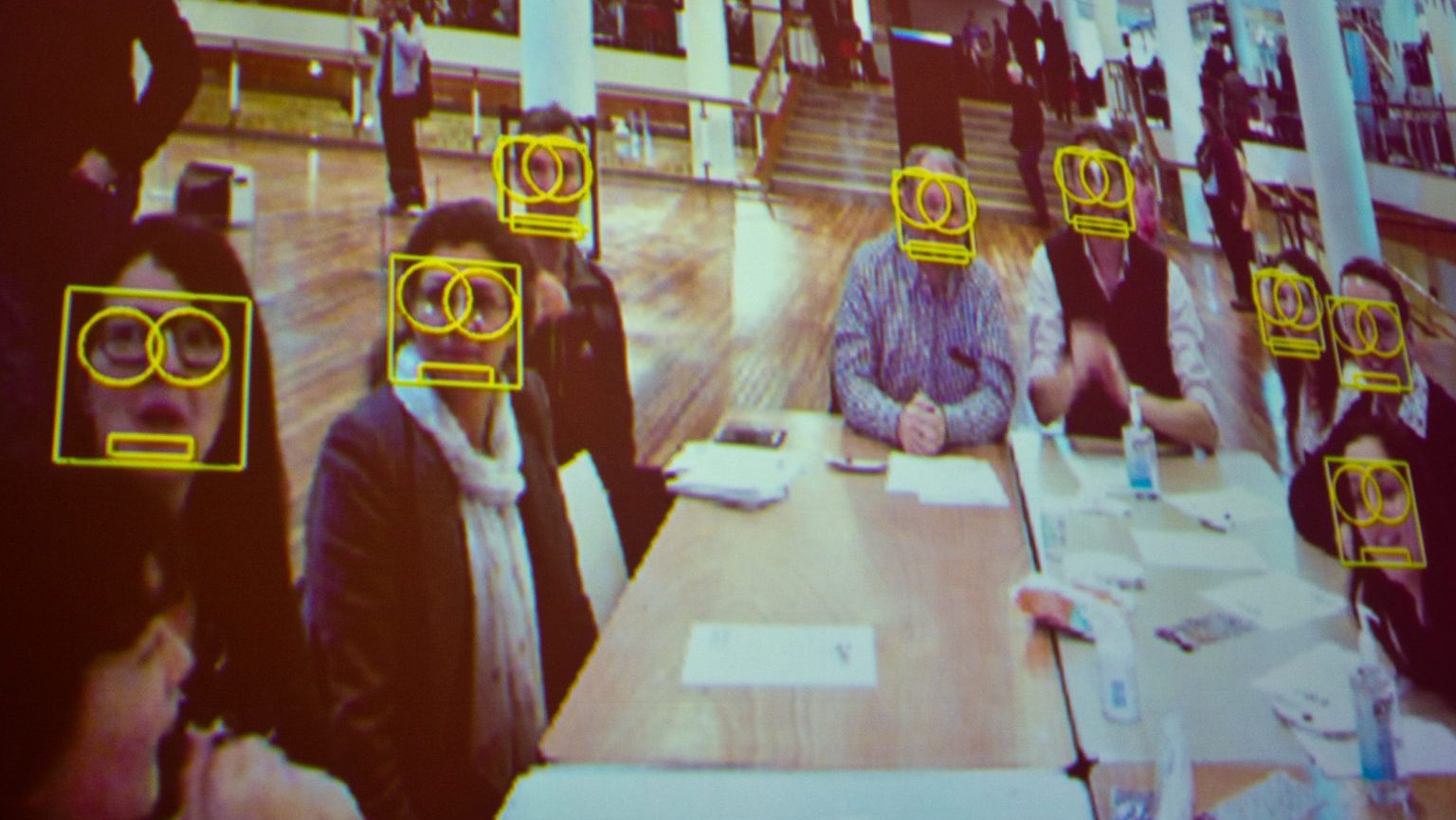GARY MARCUS: There's an old joke statisticians like to tell, which is that your vocabulary size is correlated with your hand size. And it's actually true. If you go across the whole population, measure everybody's hand size and everybody's vocabulary, then people with bigger hands, on average, have bigger vocabulary. But does that mean that having a bigger hand gives you a bigger vocabulary, as opposed to studying and reading books, which might?
Well, no. It just means that adults tend to know more words than kids, and they tend to have bigger hands. That something is causing them to learn words and causing them to grow their hands, they're not really quite the same thing. So causation, it would be if growing your hand actually made you grow your vocabulary. But that's not there. We just have a correlation.
Deep learning is kind of fancier than correlation, but to a first approximation that's what it's doing. It is correlation. It doesn't have ways of representing causal relationships.
So if we wanted to ask a deep learning system: Does growing bigger hands mean you have a bigger vocabulary? The deep learning system can say, well, I have a number of observations here, they certainly seem to be correlated. But it can't say that what causes your hand to grow is all kinds of metabolic processes, and what causes your vocabulary to increase is all kinds of learning experiences.
And so it has no way to even really get into the question of whether there's a causal relationship between your hand size and your vocabulary. It can just note that they're correlated. And that could be fine for some purposes. If you wanted to pick out the people in the population with the biggest vocabulary, maybe it will help. If you wanted to know what the mechanisms are, why these things are correlated, and whether one is causing the other -- which you'd probably want to know -- then deep learning is not your tool for that.





